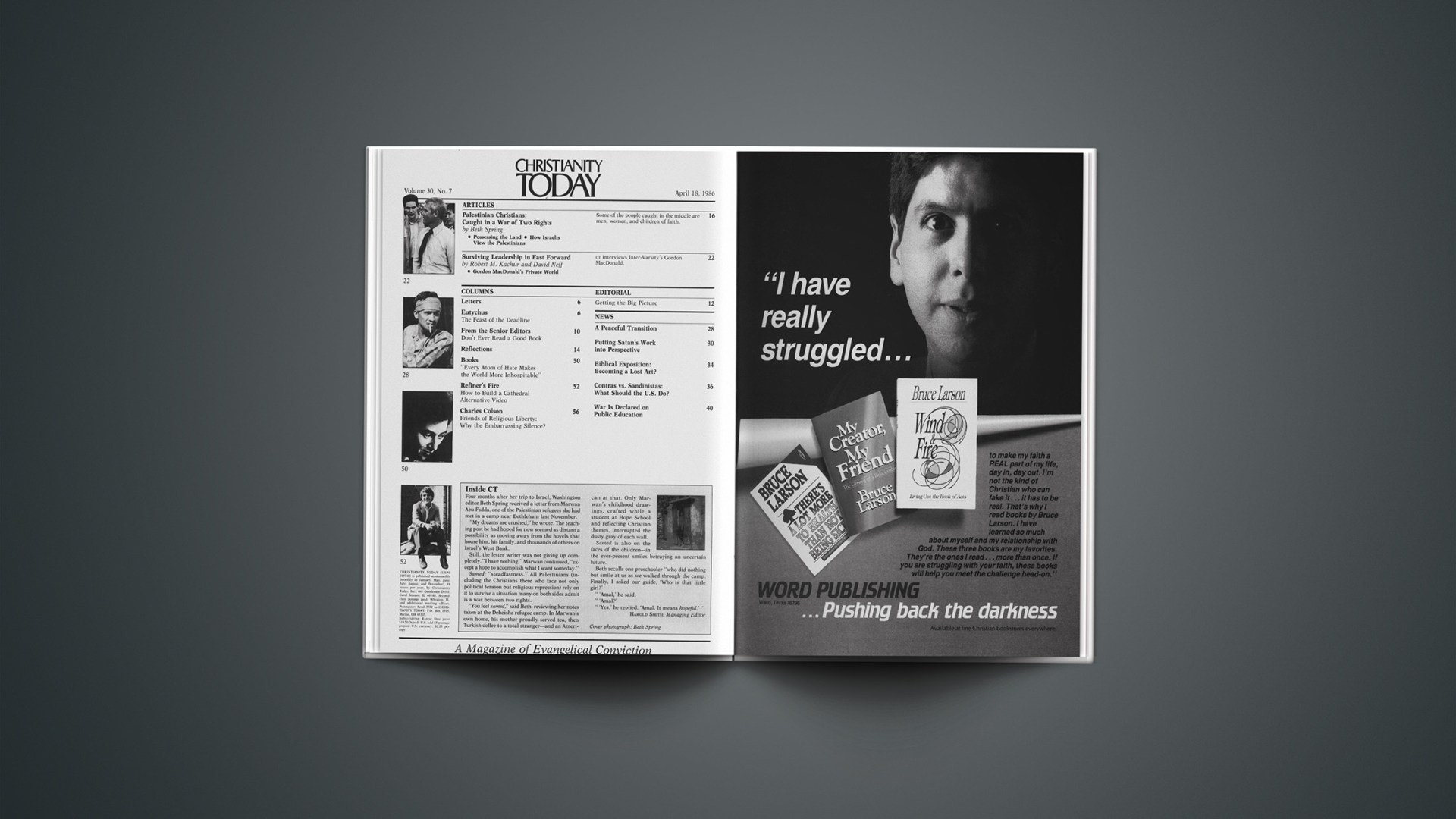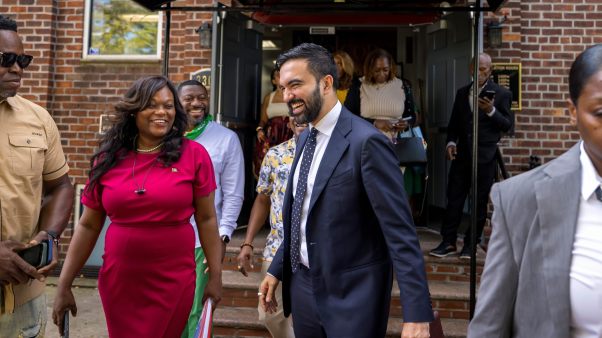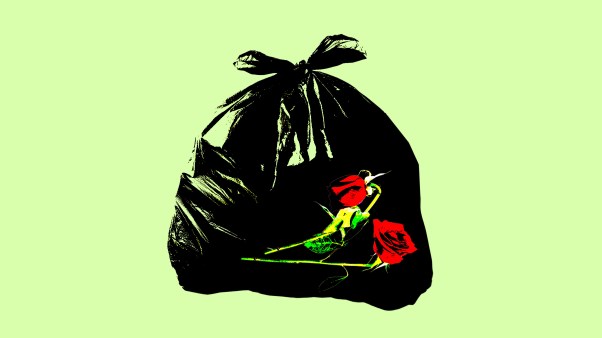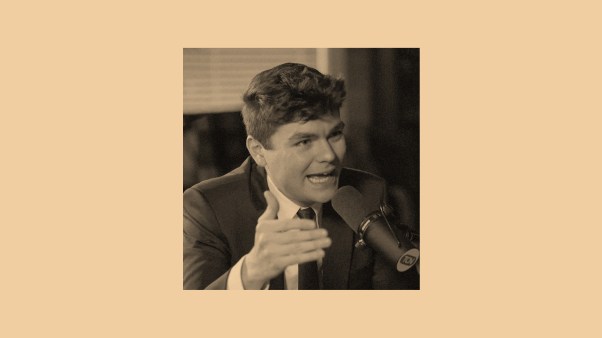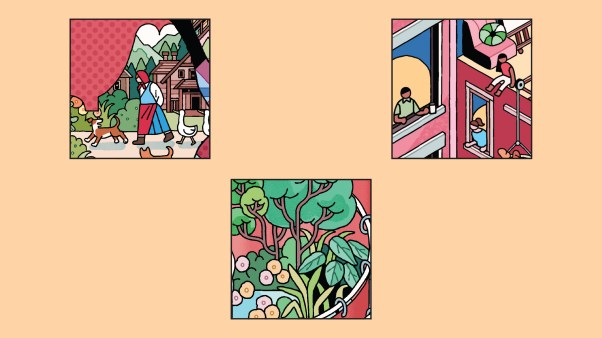Four months after her trip to Israel, Washington editor Beth Spring received a letter from Marwan Abu-Fadda, one of the Palestinian refugees she had met in a camp near Bethleham last November.
“My dreams are crushed,” he wrote. The teaching post he had hoped for now seemed as distant a possibility as moving away from the hovels that house him, his family, and thousands of others on Israel’s West Bank.
Still, the letter writer was not giving up completely. “I have nothing,” Marwan continued, “except a hope to accomplish what I want someday”
Samed: “steadfastness.” All Palestinians (including the Christians there who face not only political tension but religious repression) rely on it to survive a situation many on both sides admit is a war between two rights.
“You feel samed,” said Beth, reviewing her notes taken at the Deheishe refugee camp. In Marwan’s own home, his mother proudly served tea, then Turkish coffee to a total stranger—and an American at that. Only Marwan’s childhood drawings, crafted while a student at Hope School and reflecting Christian themes, interrupted the dusty gray of each wall.
Samed is also on the faces of the children—in the ever-present smiles betraying an uncertain future.
Beth recalls one preschooler “who did nothing but smile at us as we walked through the camp. Finally, I asked our guide, ‘Who is that little girl?’
“ ‘Amal,’ he said.
“ ‘Amal?’
“ ‘Yes,’ he replied, ‘Amal. It means hopeful.’ ”
HAROLD SMITH, Managing Editor

